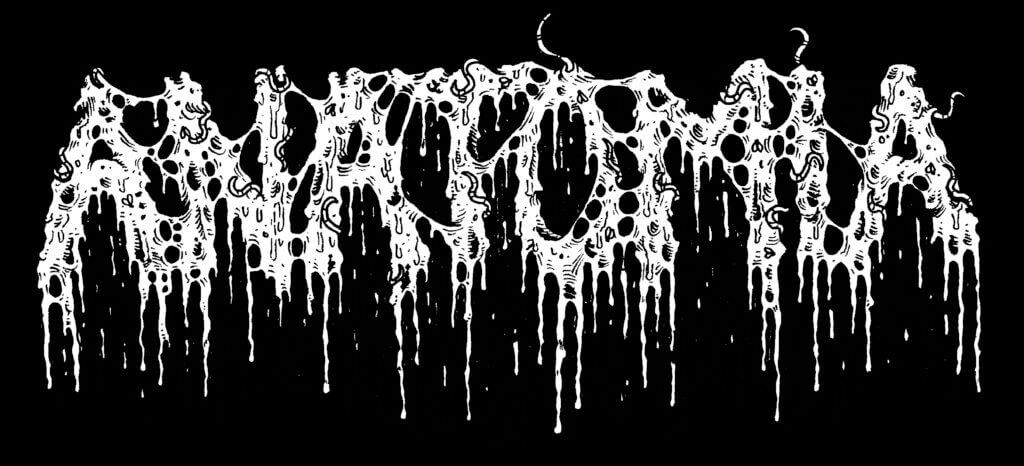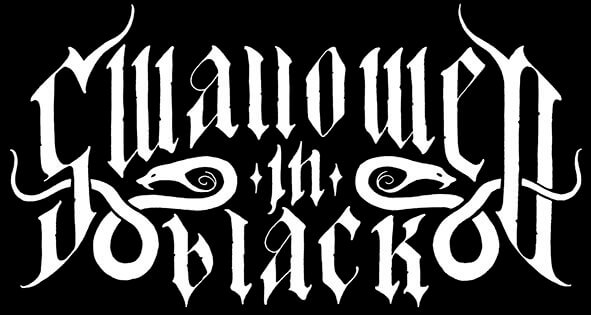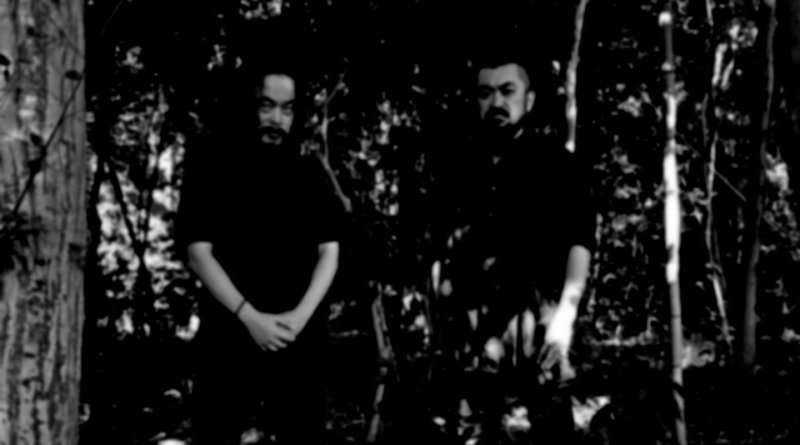“HUMANS ARE JUST PHYSICAL BODIES … WE CANNOT BE SEPARATED INTO BODY AND SOUL” – TAKASHI TANAKA (ANATOMIA)
As Anatomia prepare to unleash their eagerly-anticipated, gore-drenched fourth full-length, ‘Corporeal Torment’, Takashi Tanaka (drums, vocals) discusses the inevitable approach of death; flesh and the power it holds; the irresistible attraction of horror and gore; spiralling suicide rates in the land of the rising sun; and the appeal of consistently collaborating with like-minded artists.
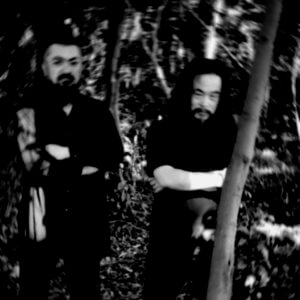 Humans look pretty solid but the liquid / water content of a typical adult body is up to 60%. Little wonder then that so much gore is unleashed at murder / death scenes. The reality is that no matter how expensive our clothes are or how much grooming is undertaken to make us look beautiful, we are walking, talking mounds of stinking blood, guts and shit. Not a very nice thought when you are sitting next to a loved one?
Humans look pretty solid but the liquid / water content of a typical adult body is up to 60%. Little wonder then that so much gore is unleashed at murder / death scenes. The reality is that no matter how expensive our clothes are or how much grooming is undertaken to make us look beautiful, we are walking, talking mounds of stinking blood, guts and shit. Not a very nice thought when you are sitting next to a loved one?
“Well, that is the truth, and nothing wrong at all that our body is made up of liquid mostly. Even though we dress up with beautiful white clothes, they will get all bloody and messed and turned into dark red once stabbed with a knife or however killed. If it were hanging by itself, all kind of liquid would come out of the mouth and all orifices, right. Sick thoughts but it’s reality.”
We all live and die. It’s quite a simple fact, yet it has given rise to all manner of existential questions and theories since the beginning of time. Different cultures and groups around the world hold varying – and often radically opposed – views on what constitutes life and what death means. Are we merely biological bodies or do we also have a spirit? Realistically, spirituality – like god and religion – seems to be based more on superstition and speculation rather than anything provable. Forensically speaking, it is the anatomy of the body that sustains us; we are a corporeal jigsaw puzzle. Once the body (specifically the brain) dies, surely it’s Game Over?
“I think humans are just physical bodies … we cannot be separated into body and soul. Like you mentioned, once the body dies, nothing remains. This may be because I am a Japanese where Buddhism is spread (although I’m not a religious person in any way). We use our brains to think, feel, talk… We feel sad when somebody dies. We know the death rate was higher in ancient times, so we can imagine how difficult it was for those people to overcome the pain and how they believed in the spirit and its rebirth or transmigration.”
As Chuck Schuldiner, the father of Death Metal, said in ‘Flesh And The Power It Holds’ from the final Death album, ‘The Sound Of Perseverance’: ‘I told you once but I will say it again, when you live the flesh, it is the beginning of the end’. We are trapped within this cage of flesh and bone. It sustains and imprisons us, which is perhaps the ultimate paradox. Maybe the answer is to stop thinking about these matters and just get on with life?
“That’s right. I understand and agree with what Chuck said. We all know and realize the truth but we struggle and attempt to live in the positive side, without thinking much about death, doom, or misfortune, right?”
Chuck will be gone 20 years this year, unbelievably. How much of an influence was his work on the formation of Anatomia? Did you listen to Death a lot while you were growing up? Or were you more of an Autopsy fanatic? There are greater Autopsy influences evident in the Anatomia sound, but I guess we all started off with Death and Obituary?
“Sure, Death is one of our big influences too! I grew up with the ‘Scream Bloody Gore’ album, and then ‘Leprosy’. After ‘Spiritual Healing’, I gradually stopped listening though… But I still have a cassette on which I recorded my cover of the song ‘Infernal Death’, where I played everything – drums, bass, guitars, and vocals. I was a complete fanatic of that album, and listened it all the time. I enjoy all Autopsy of course, as does Jun – surely our biggest influence and I think the very best definition of Death Metal. And we grew up with Obituary too. ‘Slowly We Rot’ and ‘Cause Of Death’ were the best and we were both listening to them a lot.”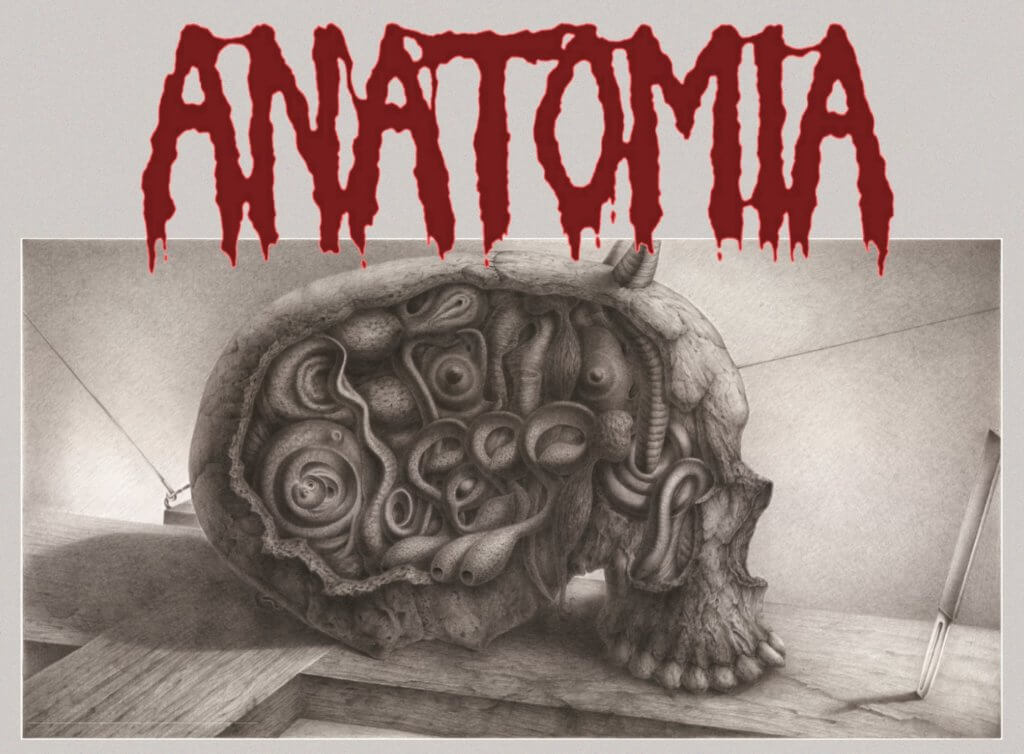
Death is the great unknown but it is inevitable for every living thing – the one certainty in life. It awaits us all. As sure as night follows day, death will follow birth. Is this one of the things that makes Death Metal so appealing to you. Many people fear death – and that has driven the so-called pandemic – but it is completely natural. Not living is the thing we should fear…
“I grew up with listening to pop, rock, metal and watching movies including horror and gore films. When I first listened to Death’s song ‘Evil Dead’, I immediately thought this was Death Metal and I have been digging in this genre since then. The lyrics always deal with topics of death, life and doom, instead of talking about society or anything in the realistic world. In my youth, I was never too serious about lyrics talking about life and death, but nowadays as I’m turning to age 50 this year, I often come up with ideas of writing about real life and death.”
Even though death is certain, there is of course a large degree of uncertainty involved, too – specifically regarding the random nature of each impending demise. Most of us don’t know how or when we will shuffle from this mortal coil. It’s like an obscene lottery. Not all death is from natural causes, either. Some of us will be killed or murdered, perhaps endure grisly, barbaric deaths. Humans have always been obsessed with these acts and – as well as outrage – they have ironically inspired a profusion of art, culture and music over the years, not least within Death Metal. Certainly it’s very prominent in Anatomia’s song titles, lyrics and artwork. Why do you think it is that musicians, artists – and people in general – are so fascinated by macabre death?
“I think people are in general interested in unrealistic things and events that they don’t want to actually happen in their own lives. Just like horror movies, you watch something that you don’t want to happen in your real life. As we live a healthy life every day, we react oppositely and turn our eyes to fear and uncomfortable things. We consider death for as long as we live. If there is a happy artwork, there is an unhappy, grotesque, macabre artwork. Not all of us enjoy horror and gore art, music, lyrics, but there is always one opposite side.”
The world is in the throes of a global pandemic. Nothing is more Death Metal than an unstoppable killer virus leaving a trail of bodies in its wake. Yet, have you noticed that there is little if any excess mortality anywhere? Very few young people are affected, either, and long may this continue! Per capita, Japan, with a population of 126 million, is faring better than almost every other country in the world. However, I’ve noticed that suicide rates – which have always been high in Japan – have spiked worryingly over the past twelve months. The measures introduced to limit the spread of the virus seem to be taking their toll on a lot of people?
“Probably because Japan is a small country with a high population, and the culture here is very unique, so I think people are introverted and prone to suicide. As you may know, there is one big forest here near Mt. Fuji, known as the place for suicide, called Aoki-gahara. A very dark place as one can easily get lost and it’s difficult to get out of it. I think there are many different situations from which people get stressed, and Covid measures are just one of them.”
From the beginning, your government adopted a model of voluntary social compliance, which sounds way better than the draconian restrictions being implemented here in the West, where countless lives, careers and livelihoods have been destroyed by never-ending lockdowns. I suppose the most worrying thing right now is that there doesn’t seem to be any end in sight?
“Yes, that’s what we are concerned about. Since there’s no lockdown and with the restrictions being very soft, we have more freedom. People are each acting or taking it differently. The government failed to control it and the number of cases increased to as high as 2,000 (just Tokyo) in January. It was decreasing in March but another wave is rising again now. I think we’ll see the same situation and repetition in the next year or two at least. Just my opinion, though.”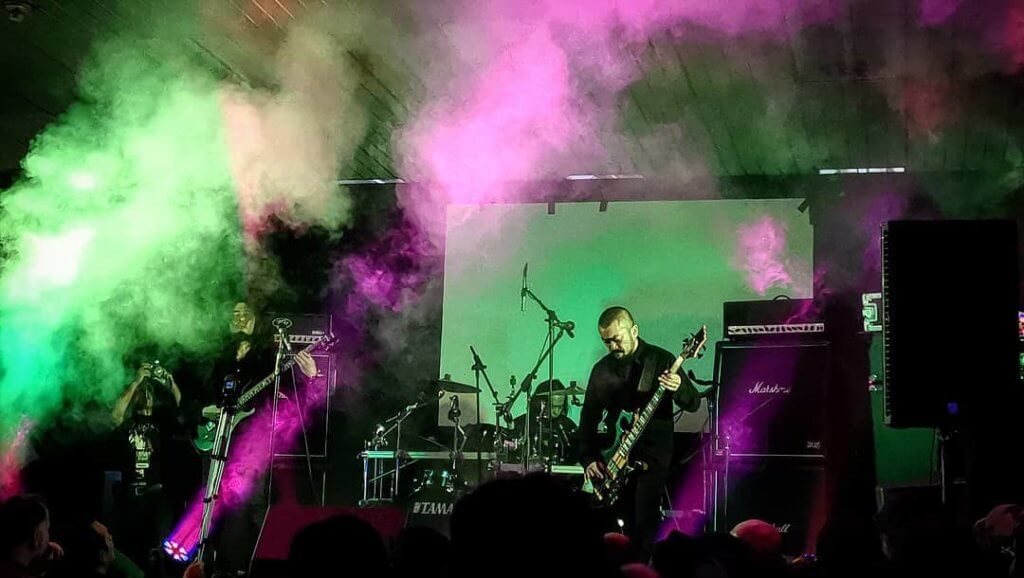
Everything has been closed here since March, 2020. There have been so gigs or live shows of any description and there is no sign of this unbearable situation ending. Is it similar in Japan? Are you allowed to perform or attend live events? When was the last time Anatomia played a gig?
“We played a gig last December. Luckily the Japanese government does not set any strict rules and does nothing to fine people who break the rules. So it’s not a complete lockdown. Bars are open, people can go out for drinks and hang out but have to follow social distancing, cannot talk loud… So it’s very ambiguous. We can organize shows as long as we make sure to close it before 8PM and with a limited number of people who can attend, as well as some other control measures. There used to be many shows organized here in Tokyo but now there are only one or two shows organized per month, though in smaller size, which is still better than nothing.”
How frustrating has it been to see international borders closed down and are you concerned that the days of Anatomia taking their songs to stages in Europe could be gone forever? You performed at Kill-Town Death Fest in Denmark in 2010 and again in 2019 but, realistically, it’s difficult to see festivals becoming viable any time soon as the people controlling the world have bizarrely decided that death is no longer part of life…
Yes, we are very much disappointed that we had to cancel all the shows we booked last year, and the current situation is still nothing clear, not ready for us to decide anything yet. Especially with us being located in an island country, I think it will be more difficult to travel abroad. Even in this situation, we are trying to be optimistic and think positively about the future. Still nothing really obvious yet, but we are planning the next European tour, actually.”
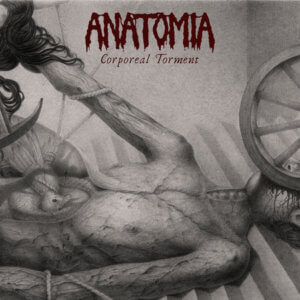 Congratulations on the magnificent new fourth Anatomia full-length, ‘Corporeal Torment’. As ever, it is a wonderful listen from start to finish, but the song that really grabbed my attention is the ambitious 21-minute closer, ‘Mortem’ – a nightmarish journey to a dark place that few Death Metal bands can reach. In many ways, this one epitomises what is so great about Anatomia. How long did it take you to put that song together?
Congratulations on the magnificent new fourth Anatomia full-length, ‘Corporeal Torment’. As ever, it is a wonderful listen from start to finish, but the song that really grabbed my attention is the ambitious 21-minute closer, ‘Mortem’ – a nightmarish journey to a dark place that few Death Metal bands can reach. In many ways, this one epitomises what is so great about Anatomia. How long did it take you to put that song together?
“It didn’t take much time, actually. Jun first had some ideas for the song, and I just recorded the drums after hearing them. He is good at improvisation by using different types of instruments. He said he came up with one idea for one part to another, all spontaneously.”
While the earliest incarnations of Death Metal were (gloriously) monotonous and one-dimensional due to the primal onslaught of the music, the genre has evolved over the decades and Anatomia is at the forefront of the bands who place a major emphasis on atmosphere. You inject a wide range of tones, shades and moods into your songs. Although the Death / Doom template remains very much intact, you are never afraid to explore new sounds or ideas. Is this experimentation something you have become more confident with over time?
“We wanted to play slow and filthy Death Metal in the beginning, like Autopsy, because there were only a few bands playing like that back then. Brutal Death Metal was very popular, with ultra-fast blast beats, with slumming rhythms that we thought were somewhat fashionable and trendy. But some years later we saw another wave, there was an old school revival. Many bands started and played in the old school vein like Autopsy, Death, Bolt Thrower and, around that time, we made a turn and started to focus on atmosphere, which we thought was one very important element in this genre.”
Between albums, you’ve contributed to a number of split releases, including an excellent recent collaboration with Mausoleum from the US, with three excellent new Anatomia tracks included. I believe you are also currently working on another new split. You could easily hold onto all these songs and release more full-length albums, but instead you choose to keep collaborating with other acts. What is it about the split format that appeals so much to you?
“It is not just about the format but we also want to collaborate with other bands and different labels, people around the globe. It is just fun to work on something together with different bands in different countries, especially those we know very well … I think that connection is important, too. We do want to release albums constantly but we also want to keep releasing splits. Also, when we go on a tour with another band, we usually put out a split to promote the tour itself.”